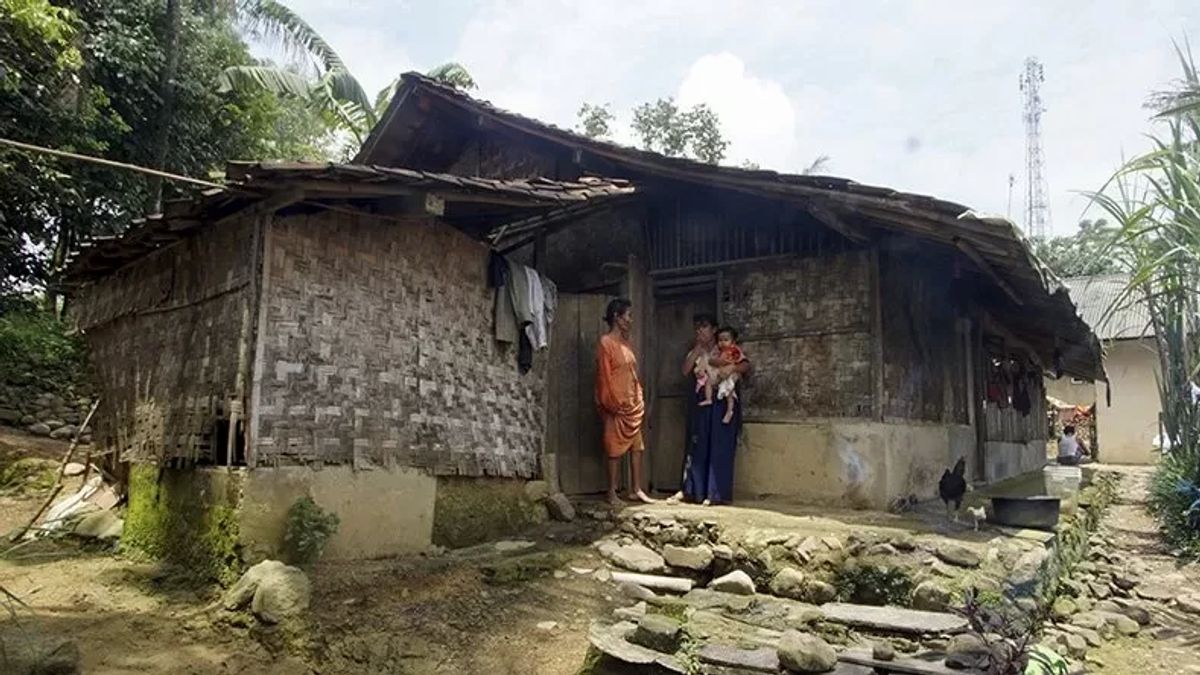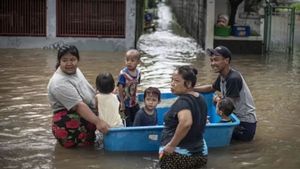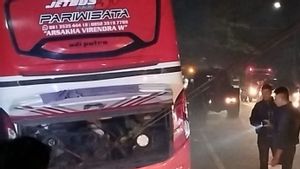Deputy Regent of Garut Helmi Budiman admitted that the government is only able to repair three thousand uninhabitable houses (rutilahu) in Garut every year. This ability is in the midst of the reality that 60 thousand rutilahus are scattered in Garut.
"The data I received last as many as 60 thousand (Rutilahu), which was completed by an average of three thousand," Helmi Budiman told reporters in Garut, West Java (West Java), Thursday, January 5.
He said, the number of rutilahus in Garut every year is increasing with various conditions of house failure, including houses affected by hydrometeorological disasters.
"We will help the Rutilahu even more," said Helmi, quoted by Antara.
He conveyed that the routine prevention program in Garut received attention from the central government through a number of ministries, some from the West Java Provincial Government, including from the National Amil Zakat Agency (Baznas).
In addition, he said, there is also a rutilahu program from the Garut Regency Government and also from a number of private companies and the government that distributes the CSR program for house repairs.
"For rutilahu assistance, there are from the center, province, district, Baznas, from other CSR, this year it also exists," said Helmi.
He conveyed, specifically from the Garut Regency Government, the routine program was realized as many as 442 housing units or for one village in 2023.
The routine assistance provided by the Garut Regency Government, he said, was only a stimulant fund of Rp. 15 million per house for the 2022 fiscal year, and in the 2023 fiscal year it increased to Rp. 17 million per house.
"The amount is different from different centers, different provinces, different Ministry of Social Affairs, different from PUPR, from Regency Rp. 15 million yesterday, now it has increased by Rp. 17 million," he said.
He hopes that efforts to resolve rutilahu in Garut can be carried out together, not only the government and other stakeholders, but also the village government and the community to work together to repair the houses of the poor.
"We are with the village, how we think about maintenance, actually it's the responsibility of the head of the family, only when the head of the family is called poor, now this is what we help, if we can afford it, that's it ourselves," he concluded.
The English, Chinese, Japanese, Arabic, and French versions are automatically generated by the AI. So there may still be inaccuracies in translating, please always see Indonesian as our main language. (system supported by DigitalSiber.id)













